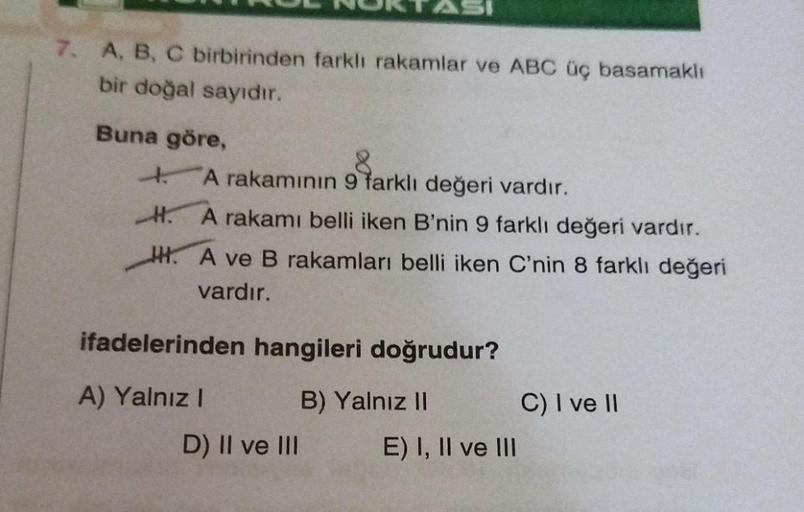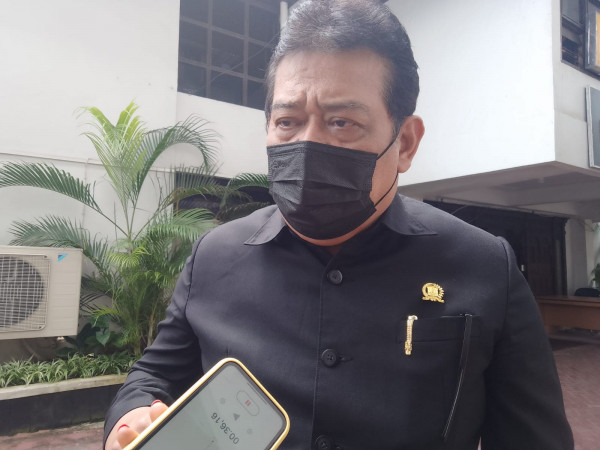Germany Approves: Ukraine's Expanded Strikes On Russian Territory

Germany's Shift in Policy: From Hesitation to Support
Germany's previous reluctance to provide advanced weaponry to Ukraine stemmed from a complex interplay of historical factors, a cautious approach to foreign policy, and concerns about provoking further Russian aggression. For years, Germany prioritized maintaining a peaceful relationship with Russia, often prioritizing economic ties over military support for Ukraine. This hesitancy extended to supplying Ukraine with long-range weaponry capable of striking deep inside Russian territory.
However, several factors contributed to this significant policy shift. Increasing pressure from allies, particularly the United States and other NATO members, played a crucial role. The sheer severity of the conflict, including the scale of Russian aggression and the humanitarian crisis it caused, also forced a reevaluation of Germany's stance. Furthermore, changing public opinion within Germany, witnessing the brutality of the war firsthand and increasingly supporting stronger action, pushed the government towards a more decisive approach.
- Growing international consensus on the need for stronger support for Ukraine. The increasing understanding of the existential threat posed by Russia's invasion prompted a more unified international response.
- Concerns about potential Russian escalation, while remaining a factor, were somewhat outweighed by the urgency of supporting Ukraine's self-defense. The belief that a strong Ukrainian response might deter further Russian aggression grew.
- Ukraine’s successful counteroffensives demonstrated the effectiveness of advanced weaponry and bolstered confidence in providing further military aid. This success showed the potential for impacting the war's course.
- The role of domestic political pressure within Germany cannot be ignored. Public support for a more assertive stance towards Russia and increased military aid to Ukraine played a significant role in the policy change.
The Nature of the Expanded Strikes and their Targets
The expanded strikes involve the potential deployment of longer-range missile systems, allowing Ukraine to target military infrastructure deep within Russian territory. These could include strategic airfields, logistics hubs, and command centers vital for sustaining Russia's military operations in Ukraine. The specific types of weapons systems remain partially undisclosed for operational security reasons, but they are likely to encompass those with increased range and precision capabilities.
- Geographic limitations of the strikes: While the range is extended, there are still likely to be geographical limitations based on the weapons systems employed.
- The precision and accuracy of the weaponry: The effectiveness of these strikes will depend heavily on the precision and accuracy of the missile systems involved.
- The potential for civilian casualties: This remains a serious concern, necessitating careful targeting and adherence to international humanitarian law. Minimizing civilian casualties will be paramount.
- The legal and ethical considerations of targeting Russian territory: This aspect of the conflict remains highly debated and complex, prompting international discussion on the legality and morality of such actions.
International Reactions and Geopolitical Implications
The international community's response has been mixed. While some NATO allies have expressed support for Ukraine's right to self-defense, others have voiced concerns about potential escalation. The United States, a key ally of Ukraine, has largely supported the move, though it has also emphasized the need for careful consideration of the potential risks. Other European allies have offered varying degrees of support, with some expressing more caution than others.
Russia has predictably condemned the decision, threatening unspecified retaliatory measures. The risk of further escalation is undeniable, potentially leading to a wider conflict. The broader implications for the international order and the balance of power in Europe are significant, altering the dynamics of the region and impacting ongoing geopolitical tensions.
- Statements from key international figures: Statements from NATO leaders, the UN Secretary-General, and other world leaders have shaped the international narrative surrounding this decision.
- Potential economic sanctions and diplomatic repercussions: Depending on the extent of the strikes and Russia's response, further economic sanctions or diplomatic actions could follow.
- The role of international organizations like the UN: The UN Security Council and other international organizations are likely to address the situation and attempt to mediate the conflict.
- Impact on the ongoing peace negotiations (if any): The prospect of any future peace negotiations is severely complicated by the escalation represented by expanded strikes on Russian territory.
The Potential for a Longer and More Intense Conflict
Germany's decision significantly increases the risk of a prolonged and intensified conflict. Several potential scenarios could emerge, including increased Russian aggression, further mobilization of Russian forces, and potentially broader international involvement. Retaliatory strikes by Russia are a significant concern, as are potential attacks on NATO infrastructure.
- Increased military spending across Europe: The heightened tension may lead to increased defense spending across Europe as countries prepare for the possibility of further conflict.
- Potential for wider involvement of other countries: The increased intensity of the conflict could draw in additional actors, escalating the situation beyond the current participants.
- The humanitarian consequences of a prolonged conflict: A more protracted war will inevitably lead to greater suffering and displacement, further exacerbating the humanitarian crisis.
Conclusion
Germany's approval of expanded Ukrainian strikes on Russian territory represents a watershed moment in the war. This decision, driven by a combination of factors, has significant geopolitical consequences, potentially leading to a longer and more intense conflict. While bolstering Ukraine's defense capabilities, it also increases the risks of escalation and broadens the conflict's scope. The situation is highly dynamic and requires constant monitoring.
Call to Action: Understanding the implications of Germany's decision and its impact on the war in Ukraine is crucial. Stay informed about the evolving situation and the ongoing debate surrounding Ukraine's expanded strikes on Russian territory for a clearer picture of the conflict's future trajectory. Follow reputable news sources for the latest updates on Germany's involvement and the unfolding events in Ukraine. Continued vigilance regarding this evolving conflict is essential.

 Arsenals Transfer News Keowns Striker Signing Revelation
Arsenals Transfer News Keowns Striker Signing Revelation
 Cristiano Ronaldo Nun Marka Degeri Sasirtici Rakamlar Ve Etkisi
Cristiano Ronaldo Nun Marka Degeri Sasirtici Rakamlar Ve Etkisi
 American Music Awards 2025 A Jennifer Lopez Hosted Spectacle
American Music Awards 2025 A Jennifer Lopez Hosted Spectacle
 Satu Hektare Taman Kota Untuk Setiap Kecamatan Balikpapan Inisiatif Wawali
Satu Hektare Taman Kota Untuk Setiap Kecamatan Balikpapan Inisiatif Wawali
 Yamal And Raphinha Barcelonas Quarter Final Heroes
Yamal And Raphinha Barcelonas Quarter Final Heroes
